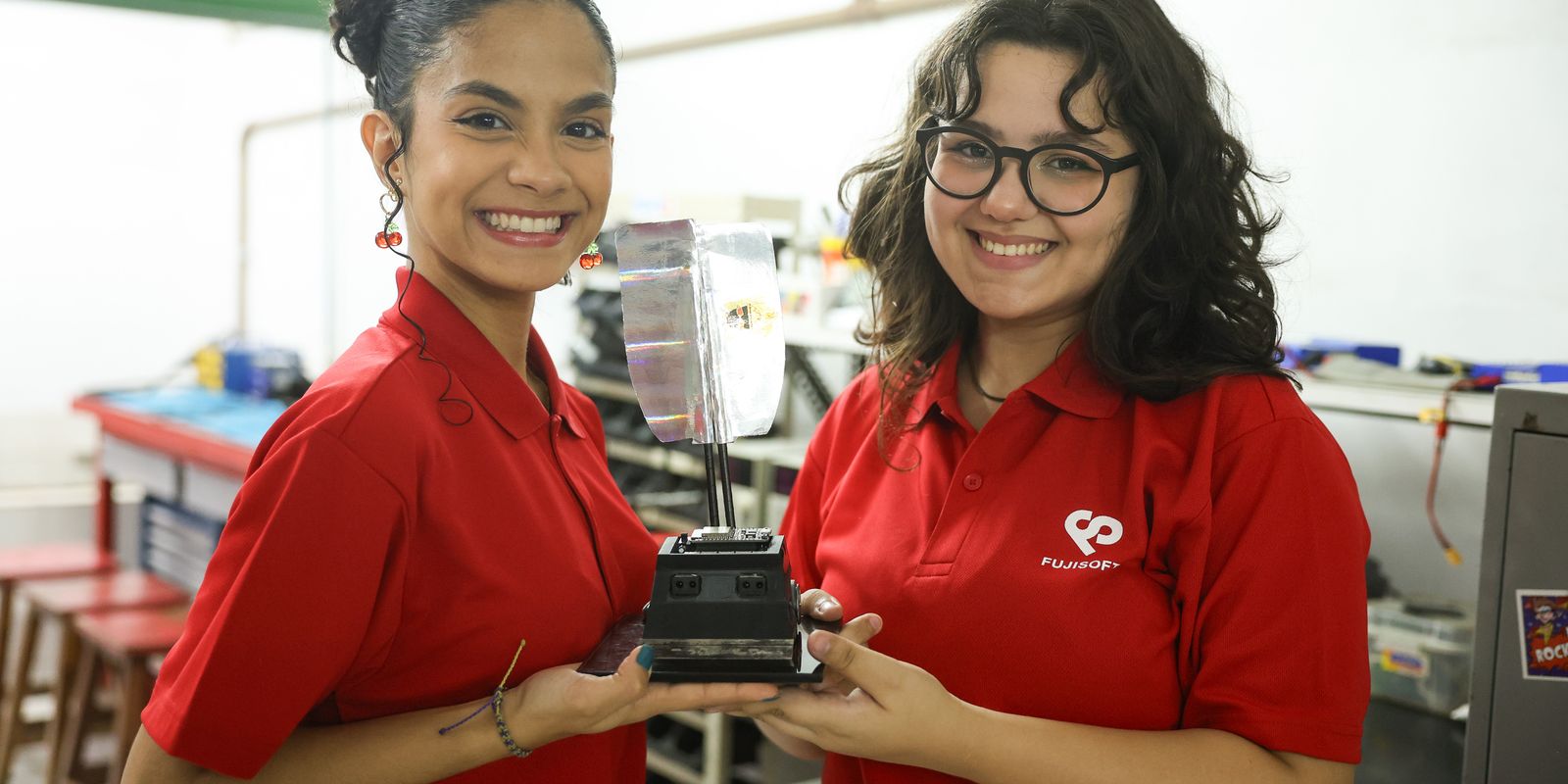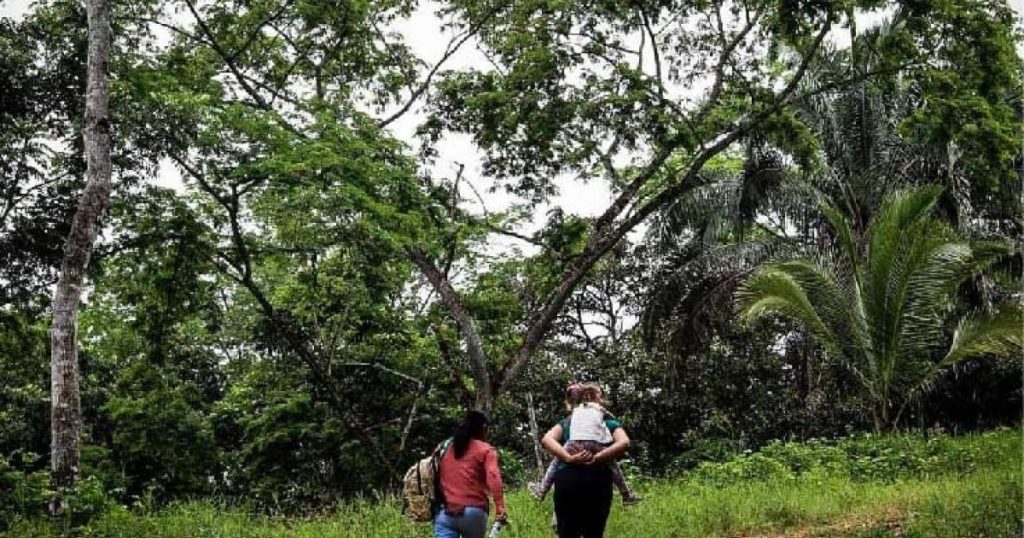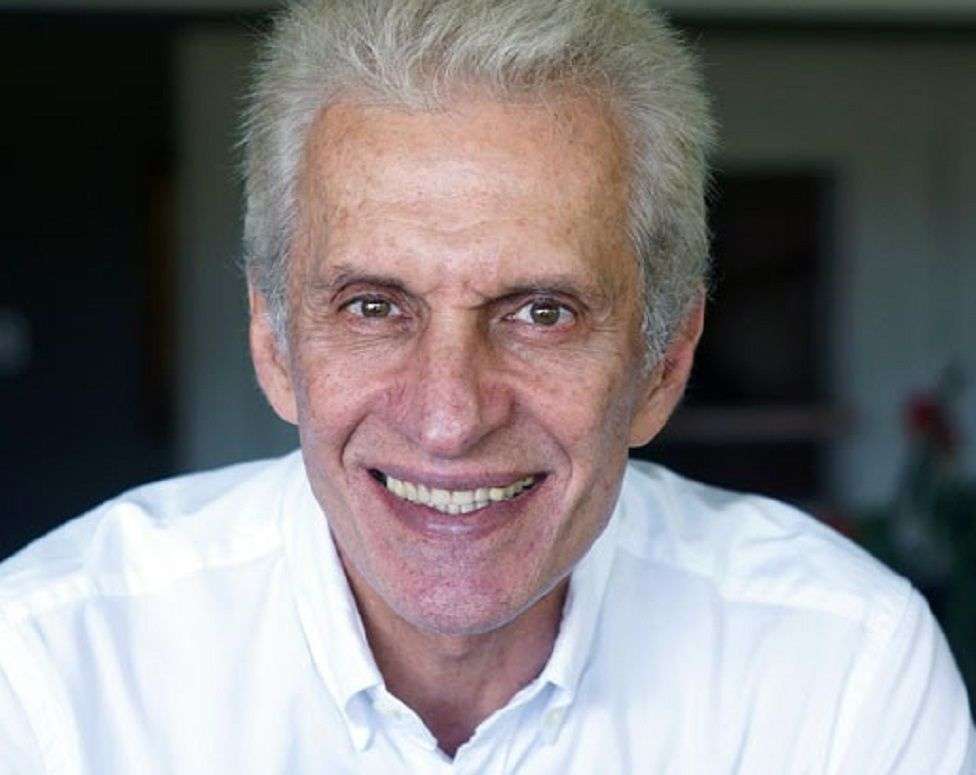A robotics competition based in Japan had a historic end this month, with two Brazilian teams in the final of the All Japan Robot Sumo Tournament (“Japan Robot Sumo Tournament”, in Portuguese). The team from the Polytechnic School of the Federal University of Rio de Janeiro (UFRJ), MinervaBots, faced the Kimauánisso Robotics Team, from the Mauá Institute of Technology, becoming world champion in the “Mini Suô” category. The dispute took place on Sunday (8), the last day of the tournament that brought together 63 robots of various nationalities.
The robot Zé Pequeno, one of the most traditional on the team, was responsible for the 2-0 victory. In the competition, two robots called “sumo robots”, “sumobots” or just “sumos” face each other with the aim of pushing the opponent out of a circular arena — usually a wooden board with a white border — in a fight similar to traditional Japanese wrestling. The dispute took place at the Ryōgoku Kokugikan arena, in Tokyo, the stage for major sporting competitions in this martial art.
Present in the tournament since its creation in 2012, MinervaBots was represented in Japan by mechanical engineering students Anne Victória Rodrigues da Costa and electronic and computer engineering students Lígia Bonifácio. A member of the group for two years, Lígia shares that winning the tournament has always been a dream for the team. “Getting there as world finalists was a great achievement, but also a great challenge. Anne and I were apprehensive. The competition was tough, it required us to change strategies and recalculate routes, but we trusted in the work of the entire team and managed to beat very strong opponents”, he said.
Female participation
Currently, the MinervaBots team has around 30 participants, in addition to internal management made up solely of students. THE Brazil Agency, Lígia highlights that participating in the tournament was the result of work built over a decade of MinervaBots’ existence. “There are 12 years of people who worked with dedication so that today we could achieve the world title. It was incredible to enter the arena with the certainty that we were not just representing the current team, but the entire trajectory built by those who came before us.”
The team’s victory, for the electronics and computer engineering student, is a way of recognizing the contribution of women in the technological field. “Being a woman in engineering is not easy. And the challenges we have faced so far have prepared us for this moment. During the tournament, we were surprised by the constant encouragement, including from staff members and other competitors. We were able to see many women of all ages see themselves in us, and that was very meaningful”, she recalls.
According to data from the third edition of the survey “Gender Statistics: social indicators of women in Brazil”, from the Brazilian Institute of Geography and Statistics (IBGE), women represent the smallest proportion of enrolled students (15.7%) and graduates (15 %) in computing and information and communication technologies (ICT) courses. In comparison, they are the majority in health courses (74.5%) — with the exception of medicine —, personal services (78.6%) and well-being (87.3%). They are also the main graduates in personal services (83.8%) and well-being (91%).
“In Brazil, we know that the impact of this achievement goes beyond the trophy. We want it to serve as an inspiration for girls and women who want to enter science, technology and high-level competitions like this”, continues Lígia. For her, the title won is proof that women “not only can, but must occupy spaces in engineering and technology”.
“We want to show that there is space for everyone and encourage more women and girls to participate, dream and believe in their potential. Our victory is not just ours, it is a symbol of what can be achieved with effort, dedication and, above all, with representation”, he argues.
Zé Pequeno
Like Lígia, Anne also started to be part of MinervaBots in 2022. The student was responsible for operating and piloting the robot designed in 2014 in the competitions that guaranteed the team’s presence in the Japanese tournament. “Zé Pequeno was one of the first in the history of MinervaBots, and has had numerous updates since its creation, so that it was always up to date with innovations in the category”, he informed.
The robot competes in the “Mini Suô 500 g – Autonomous” category. In it, the machines rely on their own sensing and on strategies designed by the operator to eliminate the opponent from the arena. They can also rely on mechanisms that confuse the opponent’s sensing. In the case of the robot designed by the UFRJ Polytechnic School team, Zé Pequeno carries reflective flags.
“Our achievement with the Zé Pequeno robot not only honored all the sweat and work of so many generations who have already passed through MinervaBots, but also served as an encouragement and reaffirmation so that, more and more, Brazilian girls see, like me, the exact and robotics as its place”, says the mechanical engineering student.
Professor at the UFRJ Polytechnic School and team advisor, Vitor Ferreira Romano emphasizes that the Brazilian victory has enormous value for the national technological field. “It is a world-class event, with tradition, and having achieved first place in this tournament, as a public and federal university, makes us very happy. This also encourages students to participate more in these events and believe in themselves,” he said.
“Brazil is certainly moving towards becoming a technological reference, and this victory in itself is a beautiful example of this”, adds Anne. “Among the eight best robots in the world, ranked on the second day of the competition according to their performance throughout the tournament, four were Brazilian, reiterating the country’s growth in the field of competitive robotics. With due encouragement and visibility for national robotics, I am sure we can go even further”, he highlighted.
National representation
“Seeing two Brazilian teams in the final of the biggest robot sumo tournament in the world is a source of great pride. This shows that, with the right incentives and support, we can compete on equal terms with the biggest teams in the world. This achievement not only highlights the talent and creativity of our students and professionals, but also puts Brazil in the spotlight in the international robotics and technology scenario”, said the professor of control and automation engineering at the Mauá Institute of Technology, Anderson Harayashiki Moreira .
Moreira, also a former student of the Institute, has participated in Kimauánisso since its creation in 2004. Currently with 40 members, including teachers, students, former students and two high school students, the team participated in the tournament with 11 robots. The machines were divided into two categories: five in “Sumô 3 kg”, with two autonomous and three radio controlled, and six in “Mini Suô 500 g”, with three autonomous and again three radio controlled.
“These robots represent the continuous effort of our team, which invests in innovation and improvements every year. Our development process involves, on average, six months, from the beginning of the project to the manufacturing and programming of the robots. We typically retire older robots to make room for new designs that incorporate the latest innovations. This dedication has consolidated our reputation as one of the best robotics teams in Brazil”, highlights the professor.
During the tournament, the team won second and third place in the “Sumô Mini 500 g – Radio Controlled” category; second place in “Sumô Mini 500 g – Autonomous”, when competing with Zé Pequeno from MinervaBots; and eighth place in the main category of the All Japan Robot Sumo Tournament, “Sumo 3 kg – Autonomous”. In an interview, Moreira celebrates that the results represent an achievement that “inspires and opens doors to new opportunities in the national technological field”.
*Intern under the supervision of Vinícius Lisboa















